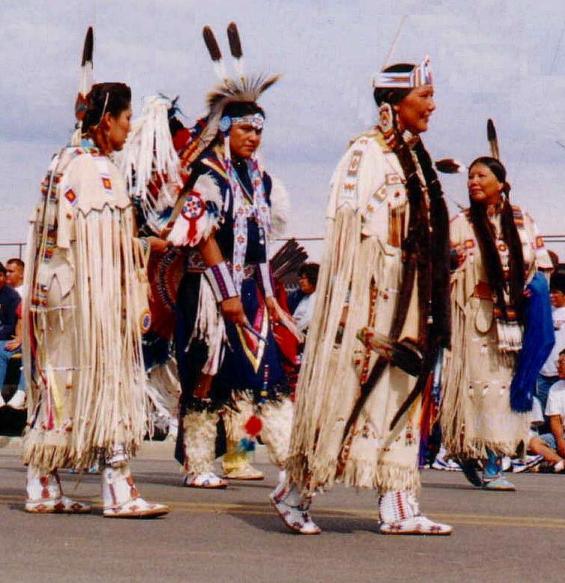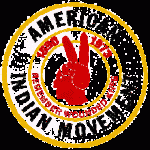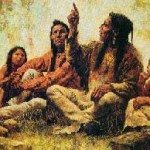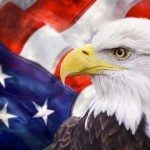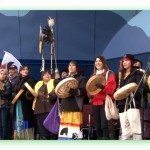Tappan, NY (ICC) – The following statement was produced during the opening of the International Year of the World’s Indigenous Peoples at the United Nations on December 10. These statements were agreed to by Indigenous leaders from all parts of the world as statements of their interests and concerns.
“Gucumatz, Condor, Father Sun, Eagle, Anahuac, Mother Earth”
Invoking the spirits of our ancestors and acting in our tradition of resistance in the defense of Mother Earth, asserting our fundamental and historical rights.
Asserting all the millions of brothers and sisters who have sacrificed their lives in defense of our millennial culture. In the name of the people who inhabit the Earth, and the efforts over years of work by indigenous peoples and NGOs, we, the members of the Indigenous Nations and Organizations, gathered in New York City, from the 8th to the 10th of December of 1992.
We Consider:
I. That all indigenous peoples have the right to self-determination as expounded in the principles of the Universal Declaration of the Rights of Indigenous Peoples. Accordingly, indigenous peoples have the right to determine all matters relating to our political, economic, social, spiritual and cultural affairs. We call the immediate adoption of the above declaration.
II. The struggle for our territorial rights is common to all indigenous nations and peoples, and this right is persistently denied by governments and dominant societies.
III. Economic development practices of Nation States are destroying the natural resources which have been protected within indigenous territories. As a consequence, the survival of all species is threatened.
IV. The indigenous peoples’ contribution to the social, intellectual and cultural diversity of the world, particularly to the ecology and harmony of Mother Earth, must be valued and supported by Nation States and international agencies.
V. The human rights of indigenous peoples to our culture, identity, religions and languages are inalienable. These rights continue to be sacrificed in the programs, policies and budgets of the Nation States and international agencies.
VI. While democracy is heralded by dominant societies, what this means is to indigenous peoples is repression, genocide, and misery in the Americas and in the rest of the world. As an example, the process by which the dialogue for peace is taking place in Central and South America, there is no direct participation by indigenous organizations and nations in spite of the fact that indigenous peoples are directly affected by the conditions of the wars.
VII. The survival of the indigenous sovereign government continues in spite of the oppressive actions and programs of the Nations States and the dominant society.
VIII. Governments continue to desecrate and appropriate religious and sacred places and objects, depriving indigenous nations around the world of their basic spiritual ways of life.
Therefore: The International Year of the World’s Indigenous Peoples, 1993, must not be merely celebrations or paternalistic declarations, but rather, the resolution of the above requires that the United Nations and its member states take the following actions:
Recognize indigenous rights to indigenous territories, including the recovery and demarcation of such territories.
Recognize, honor, and document under international law all treaties, compacts, accords, and other formal agreements concluded with indigenous peoples of the world. Additionally the Study on Indigenous Treaties delegated to the Human Rights Commission must be given priority attention by the United Nations and its Member States.
Recognize and honor indigenous forms of government when such governments are practiced according to traditional laws and customs.
Promote and strengthen indigenous intellectual and cultural property rights under International Law and principles. Additionally, the study on intellectual and cultural property rights undertaken by the United Nations Commission on Human Rights should be given priority.
Consult with indigenous organizations and nations regarding the ratification of Covenant 169 of the International Labor Organization.
Provide legal assistance and technical training to the indigenous organizations and nations.
Promote at the national and international levels the reform of laws and policies such that they recognize the sovereign rights of the indigenous peoples.
Promote and strengthen indigenous education, culture, art, religion, philosophers, literature, and sciences of the indigenous nations.
Return historic places and sacred sites and objects to the indigenous nations to whom they belong.
Demonstrate sincere commitment to the new partnership with indigenous peoples by making adequate financial resources available to implement actions presented herein. Furthermore, make significant donations to the Voluntary Fund so that future projects be realized, and assure that the indigenous peoples have direct input into the management of said fund.
That the United Nations Secretary General and its specialized agencies, commissions, and programs convene special consultations with indigenous peoples of the world and the most local level practical.
That the Secretary General of the United Nations create immediately a specific indigenous program to be administered and executed with direct participation of indigenous organizations.

